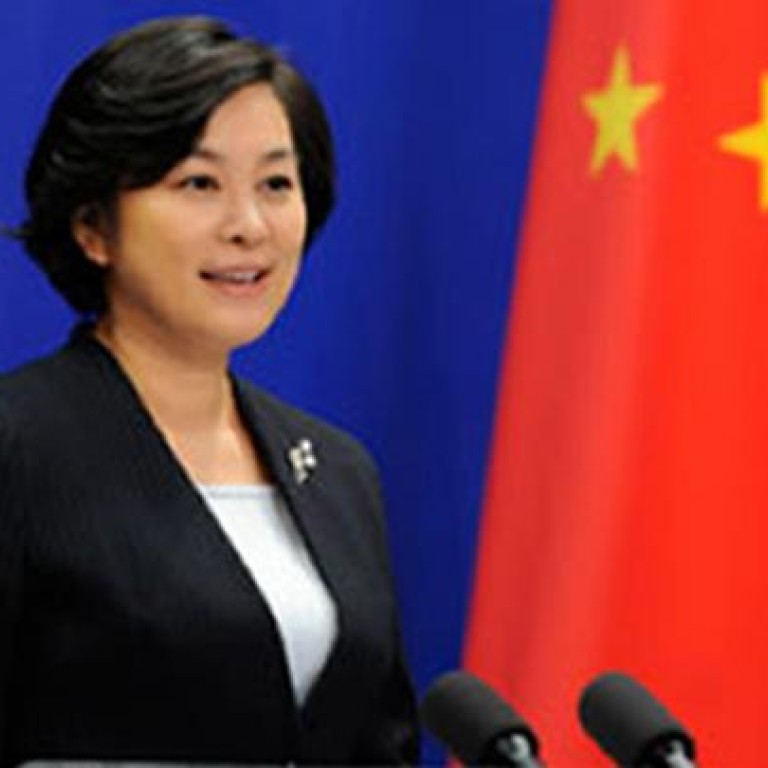
Beijing on back foot in radar row with Japan, analysts say
China seen as loser in escalation of tensions with Japan, as it is forced to devote energy to islands dispute while problems rage at home
Japan's allegation on Tuesday that the Chinese navy directed weapon-controlling radar at one of its destroyers and a helicopter last month has put Beijing in a disadvantaged position internationally, analysts say.
"The drawbacks for China are that it sets this new leadership in the world's eyes as hawkish, hard-line troublemakers," said Kerry Brown, a professor of Chinese politics at the University of Sydney. "If Xi travels around the globe preaching peaceful rise and all the rest of it, China's actions run the risk of undermining this and creating an environment where there is a lack of trust."
The drawbacks for China are that it sets this new leadership in the world's eyes as hawkish, hard-line troublemakers
After more than 48 hours of silence the Ministry of National Defence reportedly rejected Tokyo's allegations last night, Hong Kong-based Phoenix TV reported.
"Japan's allegation that Chinese navy ships had recently aimed weapon-control radar at a Japanese naval vessel and helicopter is not correct. The source of the maritime and airspace security concerns between China and Japan is due to Japanese warships and planes' close-range surveillance over Chinese ships," the station quoted an anonymous Defence Ministry spokesman as saying.
Earlier yesterday, Foreign Ministry spokeswoman Hua Chunying said it was Japan that was being provocative by sending ships and aircraft near to the disputed Diaoyu Islands - known as the Senkakus in Japan - and infringing Chinese sovereignty.
But the latest spat has raised concerns about whether China is becoming more aggressive in its handling of the dispute.
Japan's defence minister, Itsunori Onodera, told its parliament yesterday that the Chinese actions could have been regarded as "a threat of military force".
Outgoing US Defence Secretary Leon Panetta told students at Georgetown University in Washington that China should not threaten other countries.
Professor Su Hao , from China Foreign Affairs University, said it was possible that the Chinese frigates were responding to threats by the Japanese, but China's image had suffered.
"The international community seems to see China as bullying Japan," he said. The situation would put China in a disadvantageous position at a time when Japanese Prime Minister Shinzo Abe was seeking to boost Japan's defence spending and change its post-second-world-war constitution, which imposed pacifism on the nation.
Jin Canrong , professor of international relations at Renmin University, said the incidents had provoked nationalistic sentiment inside China, with calls for tougher action against Tokyo. "It puts the government in a more difficult situation in tackling the dispute," he said.
Sources close to Chinese diplomatic circles said the dispute had become the top priority in Beijing, and that party chief Xi Jinping was in charge of handling the dispute.
"The Diaoyu Islands are directly related to China's core interests and national security," one source said.
Another source said: "China is paying more attention to its maritime interests, and taking more actions to safeguard its rights because Japan has made strong moves."
But analysts said a full-scale war was unlikely as both nations would pursue dialogue.

